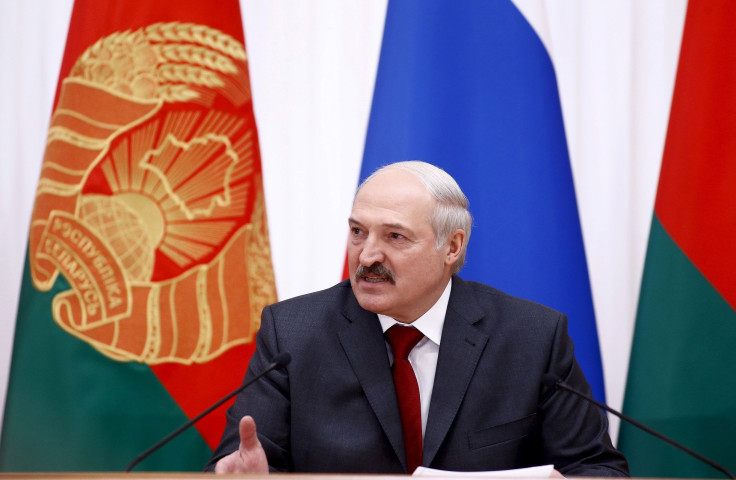Belarus President Lukashenko tells people to ‘undress and work,’ Belarusians obey literally

When the feared president of Belarus issued a statement, it’s imperative everyone follows it, even if he told everyone to get naked. President Alexander Lukashenko appeared to have ordered the people to “get undressed and work,” which Belarusians have dutifully followed.
Often called Europe’s last dictator, Lukashenko delivered a speech last week, encouraging the people to work harder and achieve goals. The speech would have been inspiring, if not for a few mixed up words that Belarusians with a sense of humour took literally.
“You know what to do, how to do it, and what goals to achieve. Everything is simple. Innovations, IT technology, privatisations, etc. – it’s all clear, we’ve done it,” RT quoted the president as saying.
“But all our life is in simple things: We should get [undressed] and work.”
As the paper explained, Lukashenko probably meant “develop and work.” The words “razvivatsa” (develop) and “razdevatsa” (disrobe) sound very similar. Belarusians probably got his real meaning, but that didn’t stop some people from obeying their leader’s orders and having fun at the same time.
Belarusians began posting on social media pictures of themselves naked at their workplaces, adding the Russian hashtag equivalent to #getnakedandwork. Perhaps to avoid censorship or to preserve modesty, many of the images have strategically placed objects in front of the people’s body parts.
See the images on Instagram and Twitter.
Народ подхватил инициативу Бати и постит по тегу #раздеватьсяиработать голые рабочие фоточки) pic.twitter.com/DQXP3yC2dz
— Дэйли Минск (@Daily_minsk) June 24, 2016
It didn’t end with images, though. Some even wrote and sang songs about Lukasshenko’s speech. According to BBC, the hashtag #раздеватьсяиработать was picked up outside of the country, with people from Russia, Ukraine and the Baltic states joining in on the fun and posting photos of themselves naked at work as well.
Lukashenko is Belarus’ president since 1994. As a strict and unbending leader, he has jailed critics, journalists and opponents over the years. Human Rights Watch has noted the president continues to restrict freedom of expression in the country and does not do anything to improve the country’s poor human rights records in 2014.





















